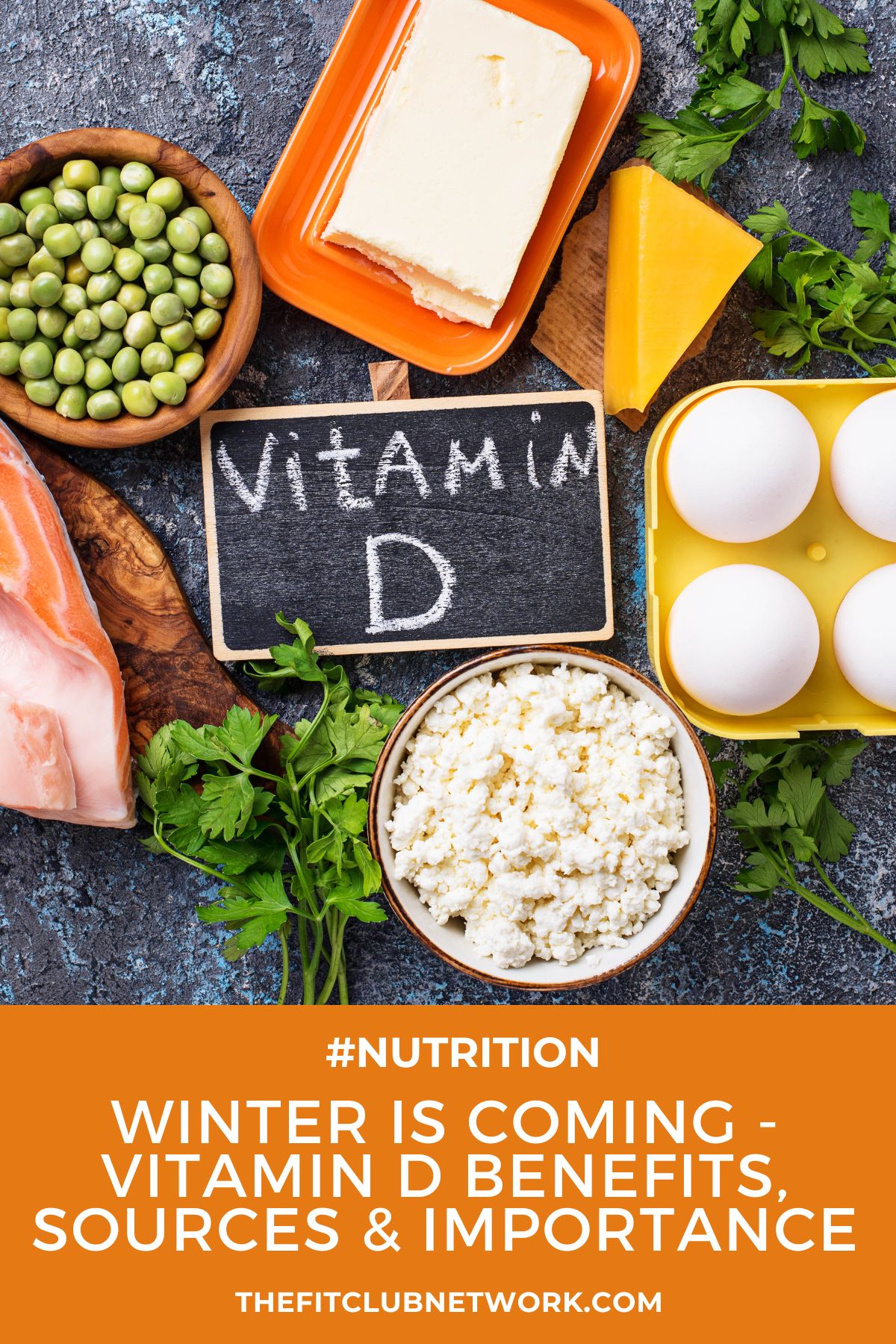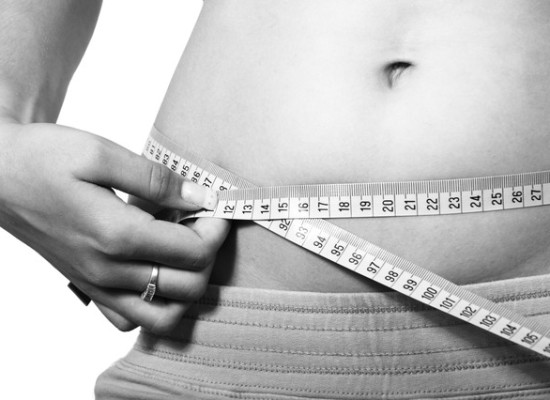

Winter is Coming — Vitamin D Benefits, Sources & Importance
I saw this funny (but TRUE) meme the other day and it made me think that this might be a good time to write a little about Vitamin D benefits, sources and importance.
While Vitamin D won’t help you fight off sugar poisoning, it will help boost you immune system and it’s one of the more interesting “vitamins” out there.
Vitamin D is often referred to as the “sunshine vitamin” because our bodies can produce it when our skin is exposed to sunlight. But, its significance goes beyond this cheerful nickname. Vitamin D is much more than a simple vitamin. It is actually a steroid hormone, meaning it has the ability to enter cells and influence the production of other hormones vital to our thriving and surviving.
Check out this video by Andrew Huberman, Ph.D and Dr. Rhonda Patrick where they discuss Vitamin D and the fact that 70% of Americans are Vitamin D deficient:
RELATED: The Benefits of Nutrient Dense Foods
Understanding Vitamin D
Vitamin D is a fat-soluble vitamin, which means you want to take it with food. Vitamin D dissolves in fat and is stored in the body’s fat cells.
There are two primary forms of Vitamin D that are important for humans:
- Vitamin D2 (ergocalciferol) — found in some plant-based foods and supplements.
- Vitamin D3 (cholecalciferol) — synthesized by the skin when exposed to sunlight and found in animal-based foods and supplements.
The Benefits of Vitamin D
- Bone Health — Perhaps the most well-known benefit of Vitamin D is its role in bone health. It helps the body absorb calcium, a mineral crucial for maintaining strong bones. A deficiency in Vitamin D can lead to conditions like rickets in children and osteoporosis in adults.
- Immune System Support — Vitamin D enhances and boosts the immune system, helping the body fight off infections and diseases. It may reduce the risk of respiratory infections and autoimmune diseases.
- Mood and Mental Health — Studies have shown a link between Vitamin D and mood. Adequate levels of Vitamin D may reduce the risk of depression and improve overall mental well-being.
- Heart Health — Studies have shown that Vitamin D may have a protective effect on the heart. It could help regulate blood pressure and reduce the risk of cardiovascular diseases.
- Cancer Prevention — Although more research is needed, some studies indicate that Vitamin D may be associated with a reduced risk of certain cancers, including breast, prostate, and colon cancer.
Sources of Vitamin D
- Sunlight — The sun is the most natural source of Vitamin D. When your skin is exposed to sunlight, it produces Vitamin D. Dr. Huberman and Dr. Patrick discuss the amount of time you need in the sun and how it depends on the amount of melanin in your skin.
- Diet — While it’s challenging to get all the Vitamin D your body needs from food alone, there are some dietary sources, including fatty fish (salmon, mackerel, tuna), fortified dairy products, and fortified cereals.
- Supplements — If you have limited sun exposure, dietary restrictions, or other factors that hinder your ability to obtain enough Vitamin D from sunlight and food, supplements may be recommended. As winter approaches, and sun exposure declines, supplementing with Vitamin D is a very good idea. Consult with a healthcare professional for guidance on the appropriate dosage.
RELATED: How Nutritional Supplements Can Help You Stop Gaining Weight
The Importance of Vitamin D
Maintaining adequate levels of Vitamin D is essential for overall health and well-being. A deficiency in this nutrient can lead to a range of health issues, including weakened bones, an increased risk of infections, and potential mood disorders. Therefore, it’s crucial to ensure you’re getting enough Vitamin D through a combination of sunlight, diet, and supplements if necessary.
Vitamin D is a remarkable nutrient with a wide range of benefits that go beyond its role in bone health. Understanding its sources and ensuring you maintain appropriate levels can contribute to a healthier, happier life. Remember to consult with a healthcare professional to determine the right approach for your specific needs and circumstances.
Filling in Nutritional Gaps
It’s tough for even the healthiest of eaters to get all the nutrients they need from food. That’s because the food we eat today is not the food our ancestors ate (this is topic for its own blog!). This is one of the reasons I’ve been so thrilled about the nutritional support offered by BODi over the past couple of decades. If you’d like help refining the supplement options to your specific needs, shoot me a message and I’ll help you out:




